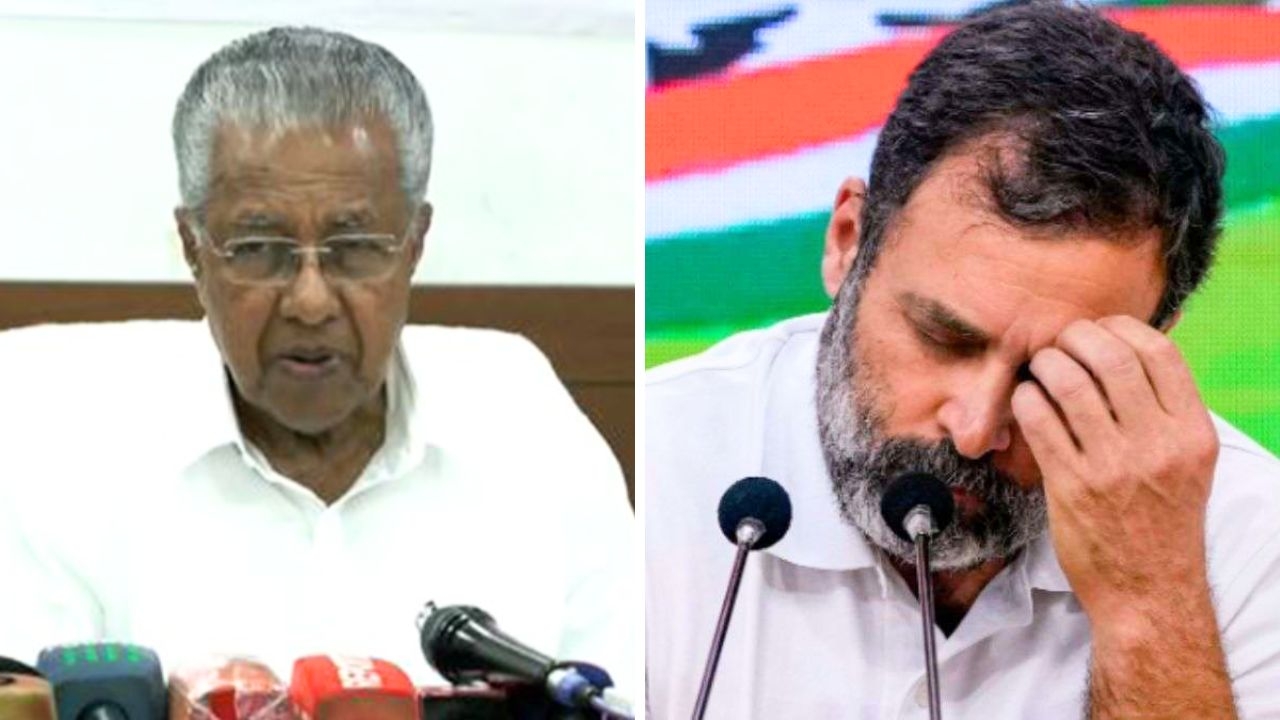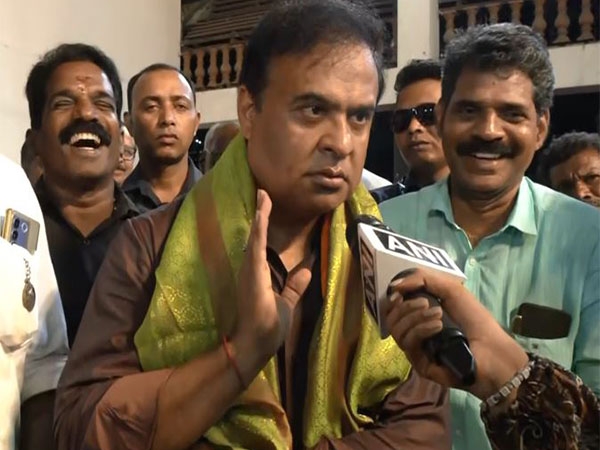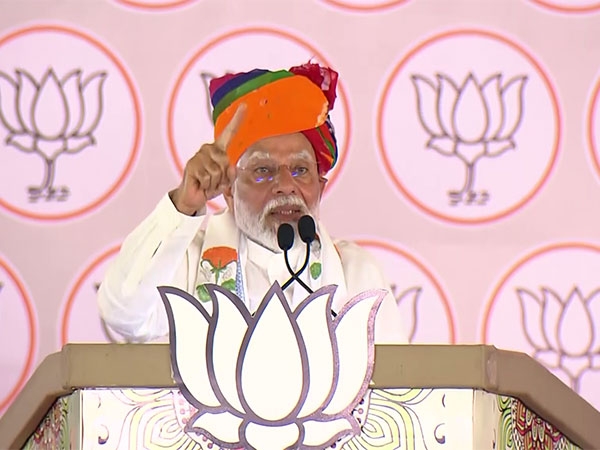Modi left red-faced as NITI Aayog vice-chairman Panagariya resigns
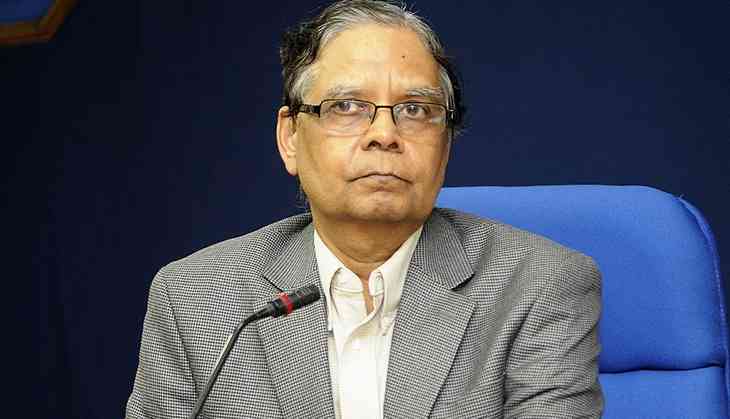
The NITI Aayog was one of Prime Minister Narendra Modi's first pet projects to see the light of day. Brought in to replace the Planning Commission, which the PM had criticised as 'authoritarian' and 'irrelevant' to India's economy, the new body was expected to function as a think tank for the government, and act as a bridge between the Central and state governments in formulating and implementing policies.
But now, just two and a half years later, Modi has been left red-faced. On Tuesday, 1 August, NITI Aayog vice-chairman Arvind Panagariya resigned, stating that he would go back to academia.
However, sources close to the development said that Panagariya's ouster had recently been on the cards, as the Rashtriya Swayamsevak Sangh's (RSS) economic arm, the Swadeshi Jagran Manch (SJM), was unhappy with the Aayog's contribution to policy-making.
He told newspapers that he had informed the government two months ago that the Columbia University had refused to extend his leave beyond August this year and it would be difficult for him to get that kind of a job again. Therefore in the interest of his long term career, he had to take this decision.
The sources also said some more experts in the top body could be asked to leave in the next few months.
Who is Panagariya?
Panagariya holds a PhD from Princeton University, and shot to fame along with another economist, Jagdish Bhagwati, ahead of the 2014 Lok Sabha polls for arguing in favour of Modi's model of development as Chief Minister of Gujarat.
He was hand-picked to lead the NITI Aayog towards its stated function, but none of the reports produced by the institution caught the imagination of the Prime Minister or the RSS.
In fact, with every passing month, the NITI Ayog looked more and more like a vindictive idea, which was just formed in order to destroy the Planning Commission – projected by Modi as one of the 'white elephants' from Nehruvian times.
Face off with RSS body
In a meeting held on 10 January 2017, members of the SJM criticised the performance of the Aayog. The SJM had invited Panagariya and all the three members of the Aayog – Bibek Debroy, Ramesh Chand and VK Saraswat – for the review meeting, but only Debroy turned up.
The absence did not go down well with SJM member and former Hindustan Aeronautics Ltd chairman RK Tyagi. He was quoted as saying by News18: “These members are found more in the media than at the Aayog.”
Ashwani Mahajan, national co-convener of the SJM, also expressed dismay over the functioning of the Aayog, saying: “There seems to be no synchronisation between the aims and policies of the political leadership and the Aayog.”
Criticism for PMO
The policy proposals made by the Aayog also brought criticism for the Prime Minister's Office. The government's proposal to dismantle the National Pharmaceutical Pricing Authority, which controls the price of drugs in the country, brought criticism from the RSS for the PMO.
Sources said the RSS had been putting pressure on the government to provide affordable health services to the poor. “Instead, under the influence of the pro-corporate lobby, the Aayog was pursuing the dismantling of the price control regime in the country,” said a source within the RSS fold.
Another point of contention for the RSS was the Aayog's stance on GM crops.
As per the Times of India, a report released by the Aayog on the three-year action agenda (2017-2020) said: “GM seeds have emerged as a powerful new technology promising high productivity, improved quality and lower use of fertilisers, weedicides and pesticides in the last one to two decades.”
The SJM has opposed GM crops for the last two decades, and the positive report from the Aayog raised many eyebrows in the RSS.
No power
Abhijeet Sen, former member of the erstwhile Planning Commission, said: “The Planning Commission had the powers to make five-year plans and allocate funds to the states. This gave it the authority to interact with the states and form policies. But in the case of the NITI Aayog, these important functions were taken away. They were functioning with a hangover of the erstwhile Planning Commission, without having the kind of importance it enjoyed.”
Panagariya's resignation is just another setback for PM Modi from the NITI Aayog. The way it has functioned so far may remind Modi of the old adage: “If it ain't broke, don't fix it”.
First published: 1 August 2017, 20:22 IST


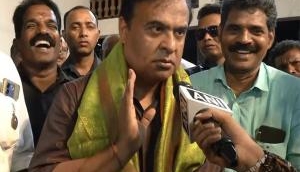
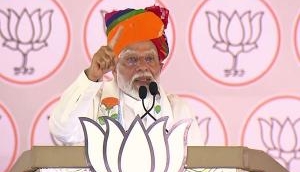


![BJP's Kapil Mishra recreates Shankar Mahadevan’s ‘Breathless’ song to highlight Delhi pollution [WATCH] BJP's Kapil Mishra recreates Shankar Mahadevan’s ‘Breathless’ song to highlight Delhi pollution [WATCH]](http://images.catchnews.com/upload/2022/11/03/kapil-mishra_240884_300x172.png)

![Anupam Kher shares pictures of his toned body on 67th birthday [MUST SEE] Anupam Kher shares pictures of his toned body on 67th birthday [MUST SEE]](http://images.catchnews.com/upload/2022/03/07/Anupam_kher_231145_300x172.jpg)


